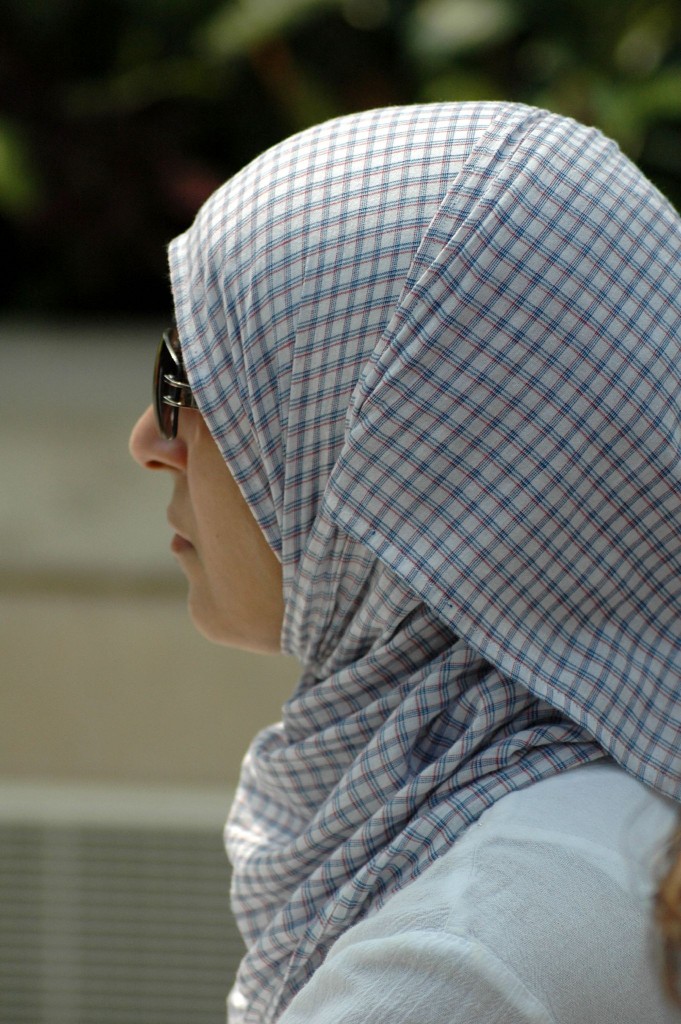The effects of French laws passed in 2004 and 2011 banning veils worn by Muslim women, as well as other public dress expressing religious views, seem to be snowballing in ways that are restrictive rather than freeing, and conducive to anti-Muslim action ranging from community enforcement and proposal of legislation:
Mainstream politicians continue to push for new measures to deny veiled women access to jobs, educational institutions and community life. They often say they are doing so for the benefit of public order or in the name of laïcité, the French term for the separation of church and state.
…Veiled wom[e]n — like anyone else wearing obvious signs of religious affiliation — are officially barred from working in the public sector because of the original laïcité laws. There is little doubt that, in practice, this restriction has broader impact on Muslim women who cover their heads.
to outright abuse and violence, according to a story in The New York Times:
…observant Muslim women in France, whose head coverings can vary from head scarves tied loosely under the chin to tightly fitted caps and wimple-like scarves that hide every strand of hair, say the constant talk of new laws has made them targets of abuse, from being spat at to having their veils pulled or being pushed when they walk on the streets.
In some towns, mothers wearing head scarves have been prevented from picking up their children from school or from chaperoning class outings. One major discount store has been accused of routinely searching veiled customers.
Some women have even been violently attacked. In Toulouse recently, a pregnant mother wearing a head scarf had to be hospitalized after being beaten on the street by a young man who called her a “dirty Muslim.”
Muslims make up approximately eight percent of the French population, and somewhere between 500 and 2,000 Muslim women in France are veiled; politicians and private citizens alike have been increasingly anti-Islamic, prompted in part by such events as the killings at the newspaper Charlie Hebdo.
The more recent 2011 law is more restricting, banning veils that cover the entire face; however:
In the three years since the law took effect, only about 1,000 fines, which can go as high as 150 euros, have been issued. Several women, it seems, have enjoyed goading the police. One woman received more than 80 fines. Few paid themselves. A wealthy Algerian businessman created a fund to pay for any ticket issued.
France’s laws: A legitimate attempt to discourage a practice seen by non-Muslims as restrictive? When does secularism cross the line into racism?
Posted by Cara Ellen Modisett

